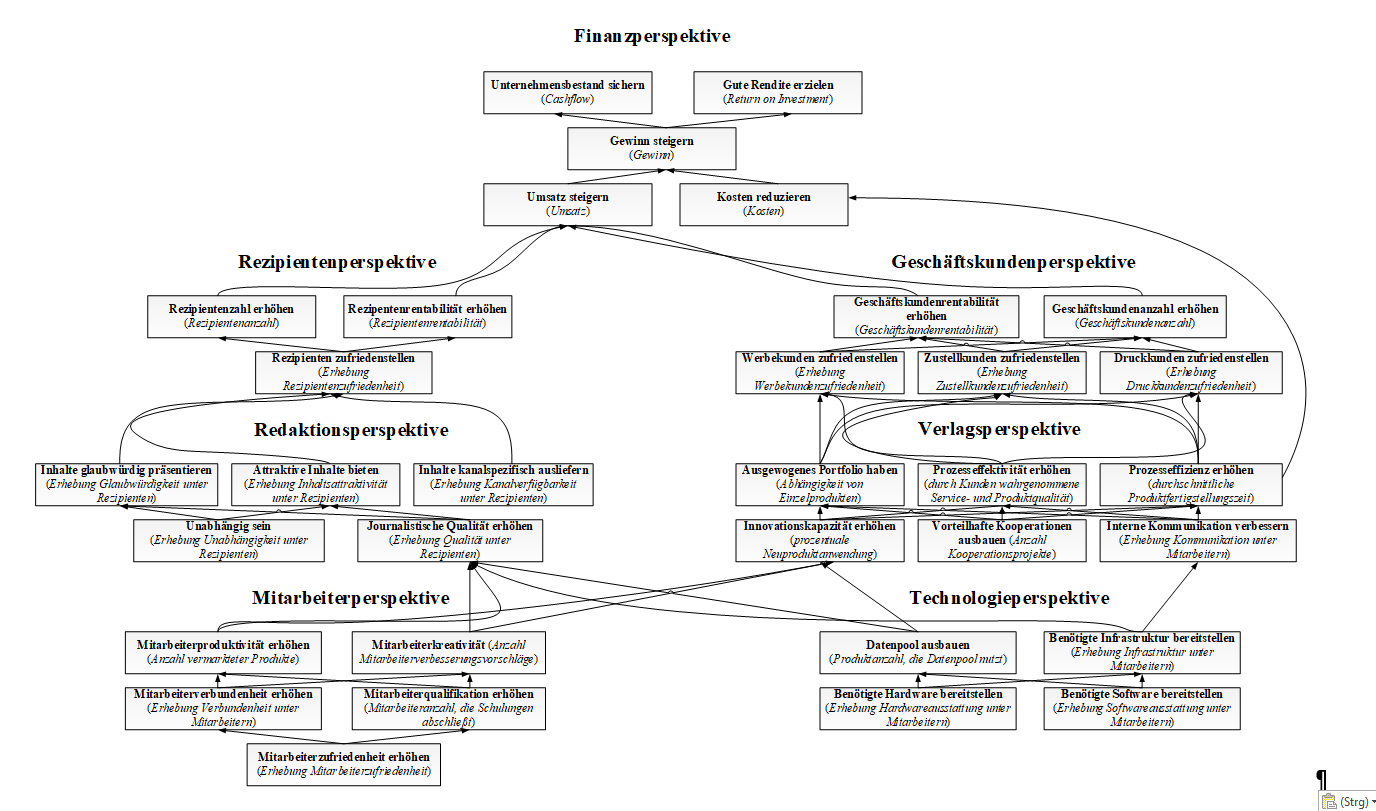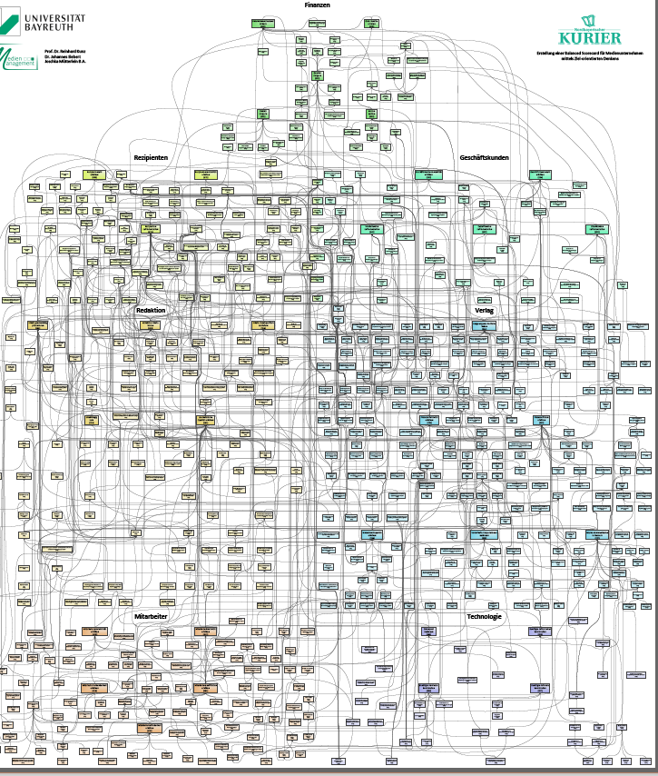The client was seeking a way to evaluate early development projects that would take an integrated view of the portfolio and enable consistent trade-offs. The solution was a multi-attribute prioritization methodology to enable holistic portfolio management and value-based decision making. The innovative methodology uses multi-attribute utility theory and value-focused thinking within the framework of decision quality, providing a consistent evaluation of various early-stage projects within a heterogeneous set of disease areas, thereby enabling trade-offs based on agreed-to decision criteria.
We started the project with a brainstorming/ issue raising session and interviews with key stakeholders to define the appropriate frame, i.e., the purpose, scope, and perspective, consistent with Decision Quality. Further, we challenged the decision makers in interviews to identify their objectives. Referring to value-focused thinking, we created an objectives hierarchy as a means ends network. Using this network and the scientific expertise of client teams, we created meaningful scales to operationalize the decision makers’ fundamental objectives. We facilitated trade-off discussions with the decision makers using the www.entscheidungsnavi.de/en. We built an evaluation model based on a structure that assessed the fundamental objectives and its trade-offs using multi-attribute utility theory. Evaluating a diverse set of pilot projects with a client’s expert group, we challenged the robustness of the methodology. With the backing of the organization, we assessed the entire portfolio of projects using this new methodology. We analyzed the portfolio and identified key impacts of the decision – the level of innovation of the portfolio. We facilitated decision-focused discussions with decision makers by separating discussions about scientific expectations from discussions about strategic preferences and beliefs. Ultimately, at the end of this group decision-making process, the decision makers made a portfolio decision.
The Strategic Decisions Group served as principal investigator in this project.










